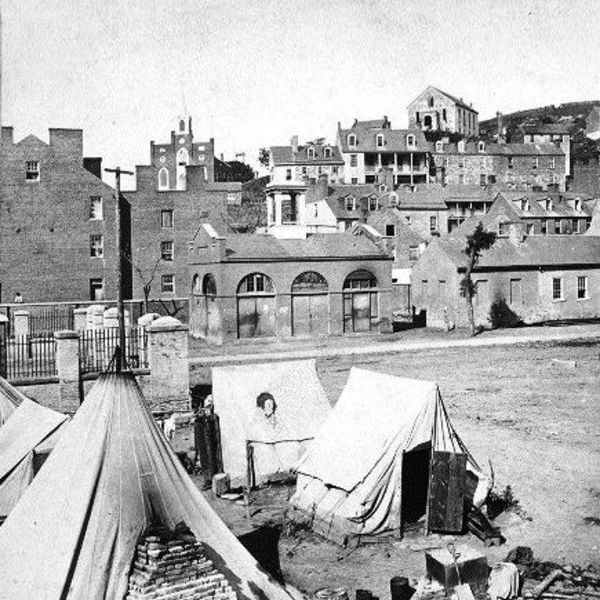Free public college sounds great. As a Rutgers student, I would love it if I did not have to pay for struggling in organic chemistry and suffering through finals every year. But free college only works in an ideal world, where everyone attending college has the same opportunities and are part of the same socio-economic levels.
In the real world, free college is not feasible economically nor ethically.
Primarily, free college does not help the people it is intended for. In theory, Warren and Sanders want to eliminate the burden of tuition from underprivileged students so they also have the opportunity for higher education. However, it is higher-income families who will reap the benefits from a tuition-free system. Students from higher-income families enjoy better quality K-12 education, making them more likely to apply and be accepted to college — even state colleges — than their lower-income counterparts. These underprivileged students come from communities where they endure lower quality education, making it less likely they would attend college in the first place.
The subsidies from tuition-free colleges would benefit those who can already pay for it, rather than those who cannot.
Furthermore, tuition-free state college may not even be possible. Public colleges are funded by state governments, which may not want to increase funding for education. So, while a good portion of state education is funded by the state, a certain amount of tuition is necessary to maintain a standard of education since many state governments do not prioritize the education budget. If tuition is eliminated, the quality of education and campus life could decline as well.
As a whole, individuals supporting free college place an excessive amount of value on a college education. Undeniably, funding for K-12 education impacts the development of individuals at a core level, however, in terms of higher education, college degrees do not necessarily plot where one will go in life. In fact, many people in trade occupations earn more money than those who have a college degree, and, regardless, society requires those types of services — arguably they are more important than academics who have 30 degrees. Of course, college is necessary for those who want certain jobs in fields like medicine and law, but it is college is not at all a requirement to make a living.
That being said, college does make it easier to live a more comfortable life. So, instead of free college, we should aspire to make college more affordable. Obviously, colleges do not need every student to pay $50,000 to provide quality education — this is clearly an excess. This way, colleges can maintain certain standards, and students can enjoy a practically subsidized education.





















